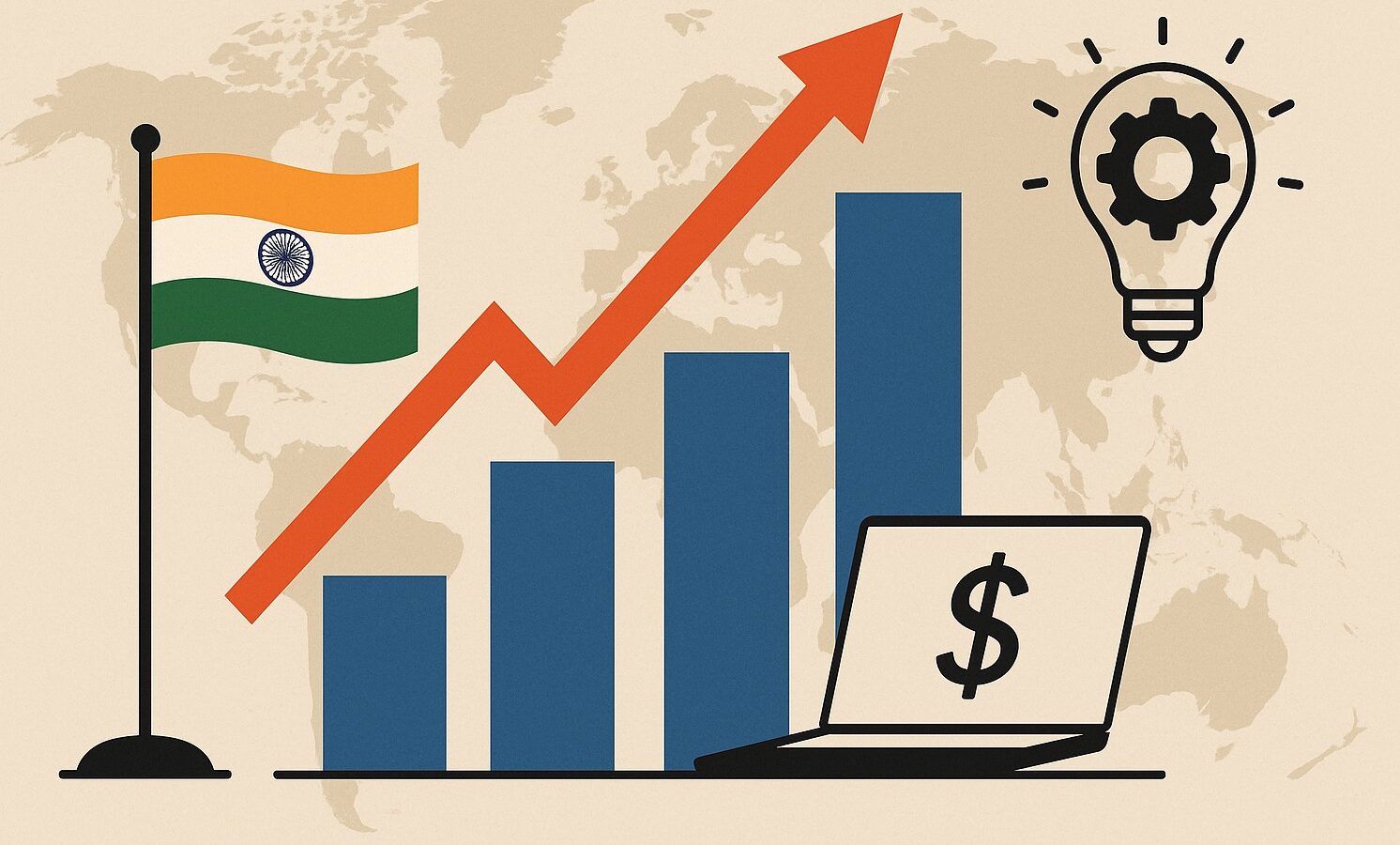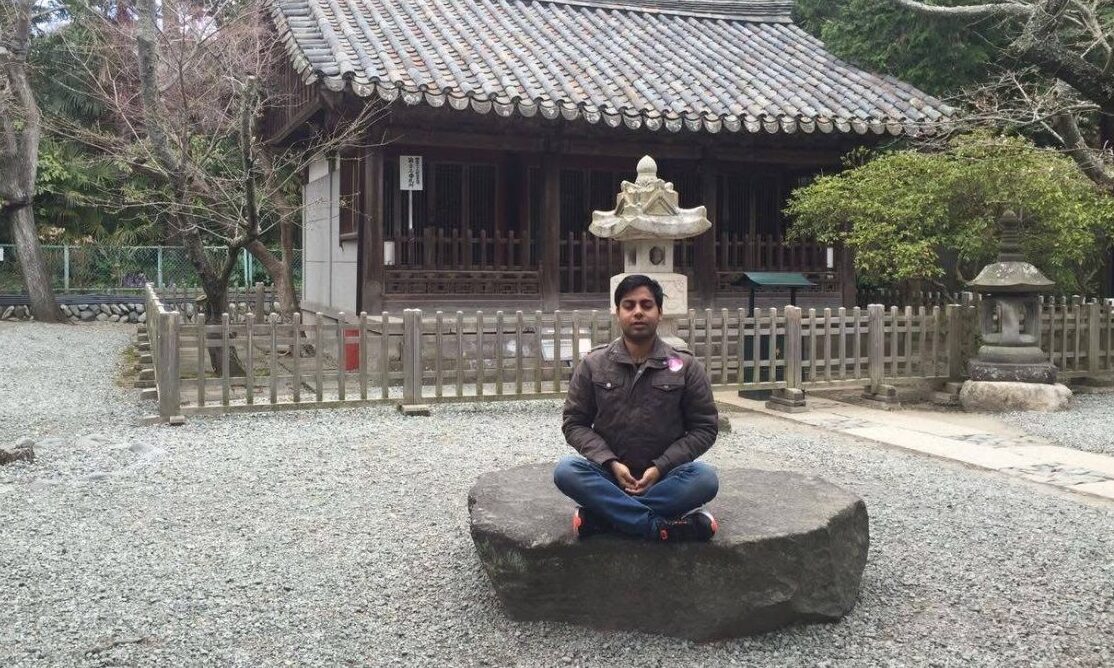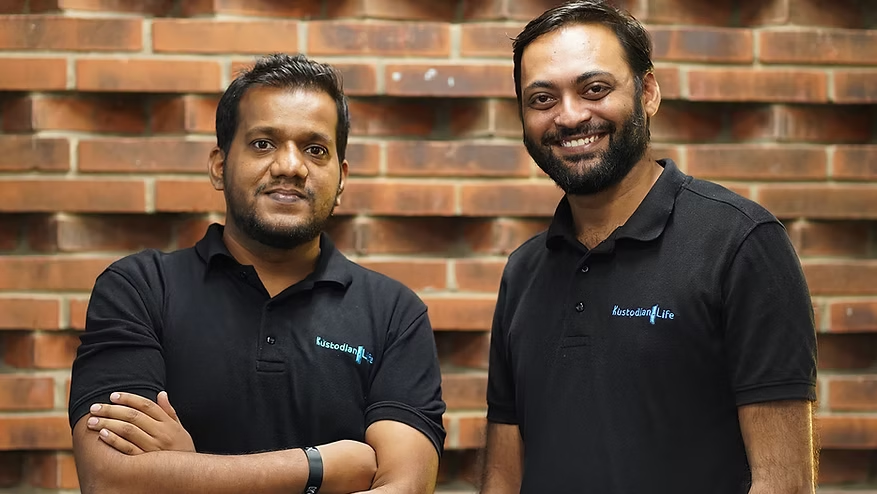Recent changes to the U.S. H-1B visa regime, especially the introduction of a $100,000 fee for new visa applications starting in 2026 have set off debates globally. While many see this as restrictive, others argue it could turn into a win for India’s tech startups and the broader ecosystem.
The Recent H‑1B Policy Explained
- A Presidential proclamation mandates a one-time $100,000 fee for companies applying for new H-1B visas. This is a significant increase from the earlier fees, which ranged from $2,000 to $5,000 based on the size of the employer.
- The fee does not apply to existing H-1B holders or to renewals.
- The policy aims to prioritize “high-skill, higher-paid applicants” and reduce the use of H-1B visas in lower wage roles or those seen as unfairly substituting for domestic U.S. talent.
A Boost for India’s Tech Ecosystem?
- Talent “return” possibility: With U.S. becoming more expensive and regulated for new H-1B applicants, many Indian professionals may consider returning to India or choosing to stay in India for their careers. This could bring experience, skills, networks back home. Experts like Zoho’s founder have suggested this possibility.
- Strengthening the domestic startup scene: More experienced professionals with U.S./global exposure may invest, mentor or found startups in India. That can boost innovation, lead to better products, and raise the overall quality.
- Offshoring & remote work boom: Indian firms may shift more work offshore (i.e. doing work while staying in India) rather than sending employees to the U.S. This could increase demand for Indian developers, engineers, and product teams. Offshoring reduces costs and dependency on visas.
- R&D and GCC growth: Tech firms may expand their Global Capability Centers (GCCs), R&D centers, or product development hubs in India, given that sending people becomes more costly. This strengthens India’s tech infrastructure and capabilities.
Opportunities and Challenges for Indian Founders
- Lower cost of hiring: Startups in India may benefit from easier access to skilled domestic talent who choose to stay or return. Wage expectations may rise, but overall cost remains lower than expatriation or visa sponsorship.
- Stronger market opportunity: Professionals returning bring global best practices, international market understanding, fundraising networks, which can catalyze better product-market fit startups.
- Competition within India increases: More quality talent will mean higher competition for startup roles; startups must offer better compensation, culture, and growth paths.
- Possibility of more VC interest: With talent being more accessible domestically, investors may see India as even more attractive; also more local success stories could boost confidence.
Risks and caveats
- The policy is new; many details (e.g. exemptions, “national interest” waivers) may still evolve.
- Indian IT giants and companies with large U.S. footprints will face margin pressure due to higher visa costs, which may lead to price hikes or restructuring.
- There may be a lag before any positive effects are felt; transition costs, uncertainty in contracts, political risks, etc.
Long-Term Impact on Tech Startups in India
India’s tech ecosystem could see accelerated growth as more talent anchors or startups locate operations within India. Deep tech, AI, SaaS, product-led companies may gain more prominence. Also, policy reforms in India (tax, startup incentives, infrastructure, IP protection) will matter much more to attract returning talent.
Future Outlook for Founders and Innovators
The H-1B update may seem challenging at first, but it could change how tech talent moves globally, favoring India. This could be a key moment for Indian startups to innovate, grow, keep talent, and compete on a global level.
Also Read: Things First-Time entrepreneurs Should Do in India

























